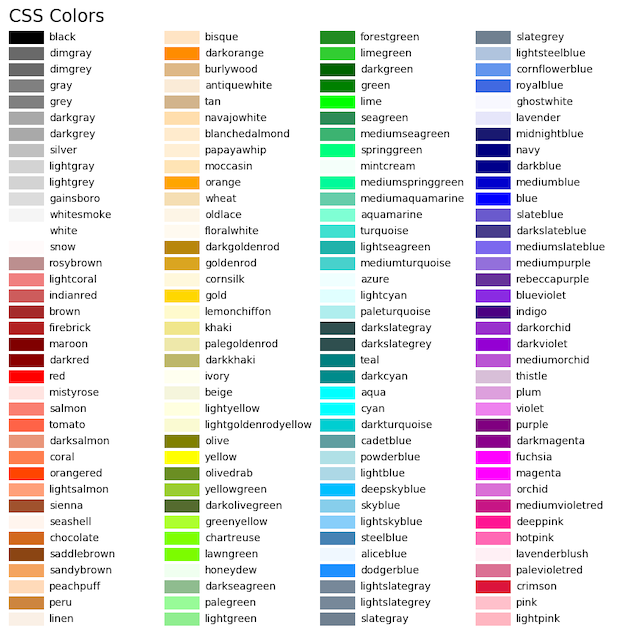MODULE TWO ANSWERS
HTML5 Resources:
- HTML Basics
“HTML Basics.” GeeksforGeeks (blog). Last updated January 22, 2024, accessed February 4, 2024. https://www.geeksforgeeks.org/html-basics/.
This blog explains the first HTML tags one needs to know in order to start making a website. The website includes examples of what both the raw code and the final outcomes will look like, which can be easily followed and replicated while first learning to code.

- What's in the Head?
“What’s in the Head? Metadata in HTML - Learn Web Development | MDN.” Last updated February 4, 2024, accessed February 4, 2024. https://developer.mozilla.org/en-US/docs/Learn/HTML/Introduction_to_HTML/The_head_metadata_in_HTML.
This webpage explains what the head tag in HTML means, what elements are contained in the head element, and what effect they have on the page.

CSS Resources:
- Learn CSS in 20 Minutes
Web Dev Simplified, dir. 2018. Learn CSS in 20 Minutes. Accessed February 6, 2024. https://www.youtube.com/watch?v=1PnVor36_40.
This youtube video provides a good overview of how to code CSS when starting out. All necessary information that one would need to start making their own style sheets is covered in a concise 20 minutes.

- CSS Properties
“CSS Properties - CSS Portal.” n.d. Accessed February 6, 2024. https://www.cssportal.com/css-properties/.
This webpage is an extensive list of CSS properties that can be added to a style sheet. When clicked, each property has an explaination of what it does along with interactive examples of what specific style choices can be added to your website.

Design Resources:
- CSS Color Names
“CSS Color Names - CSS Portal.” n.d. Accessed February 6, 2024. https://www.cssportal.com/css3-color-names/.
This resource has a table with every color that can be used in a CSS sheet, their names, hex values, and RGB values.

- Coolors
“Coolors - The Super Fast Color Palettes Generator!” n.d. Coolors.Co. Accessed February 6, 2024. https://coolors.co/?home.
Coolors is a website for generating color palletes to be used in graphic design. You can generate random color palletes or build one off of a set first color. The website provides the hex value for every color it generates so it can be easily added into a CSS sheet.

Image Resources:
- Creative Commons
“Homepage.” n.d. Creative Commons. Accessed February 6, 2024. https://creativecommons.org/.
The Creative Commons website is a great place to learn about the Creative Commons license. Images that are under a CC license are free to use in some regards, but usage rights vary based on which license the creater has chosen. You can use the website to learn about the different licenses and how to properly use Creative Commons images on your website.

- Library of Congress
“Search Results from Digital Collections, Available Online.” n.d. Library of Congress, Washington, D.C. 20540 USA. Accessed February 6, 2024. https://www.loc.gov/collections/.
Depending on the subject matter of your webiste, the Library of Congress website can be a good resource for finding images that are under the public domain. You can search their digital collections to find photos, prints, and drawings on various subjects.








